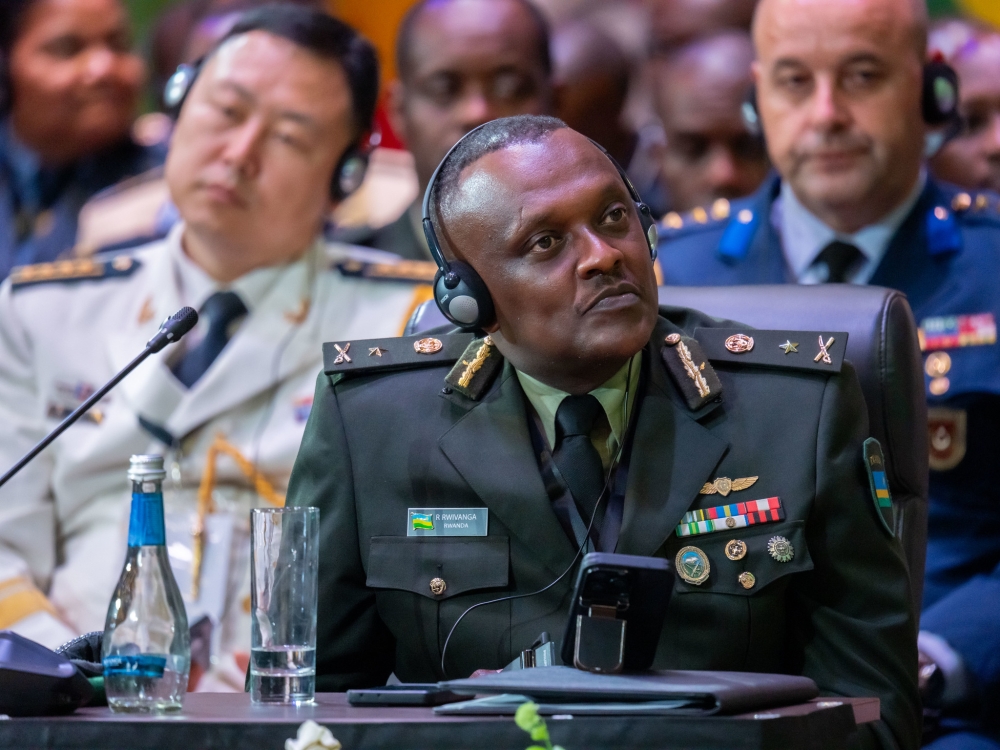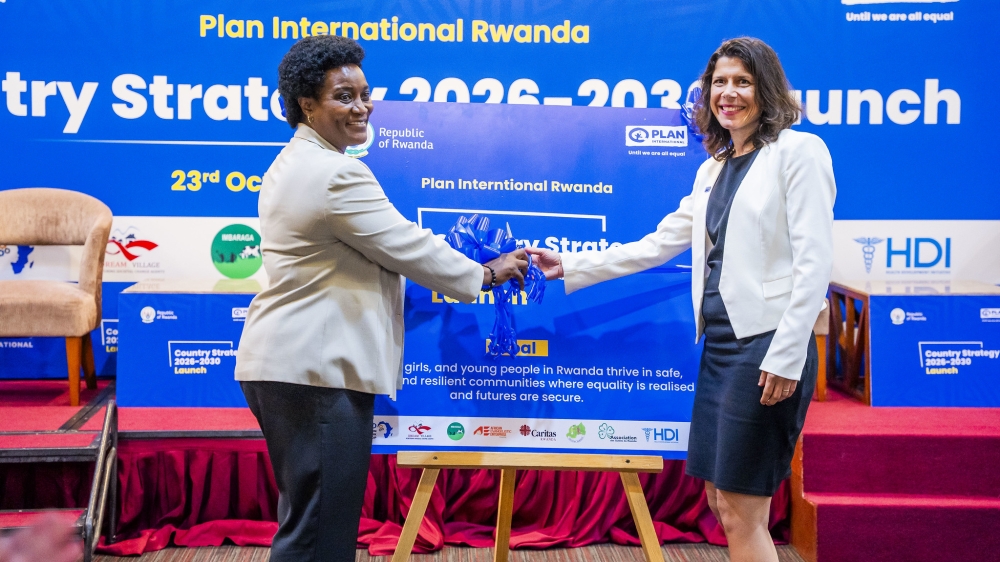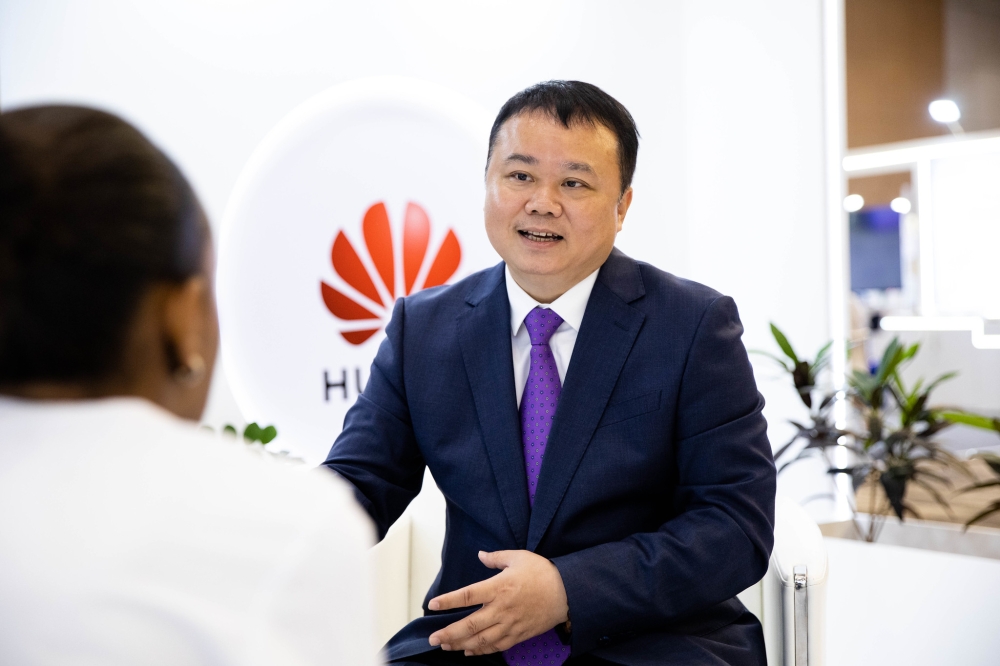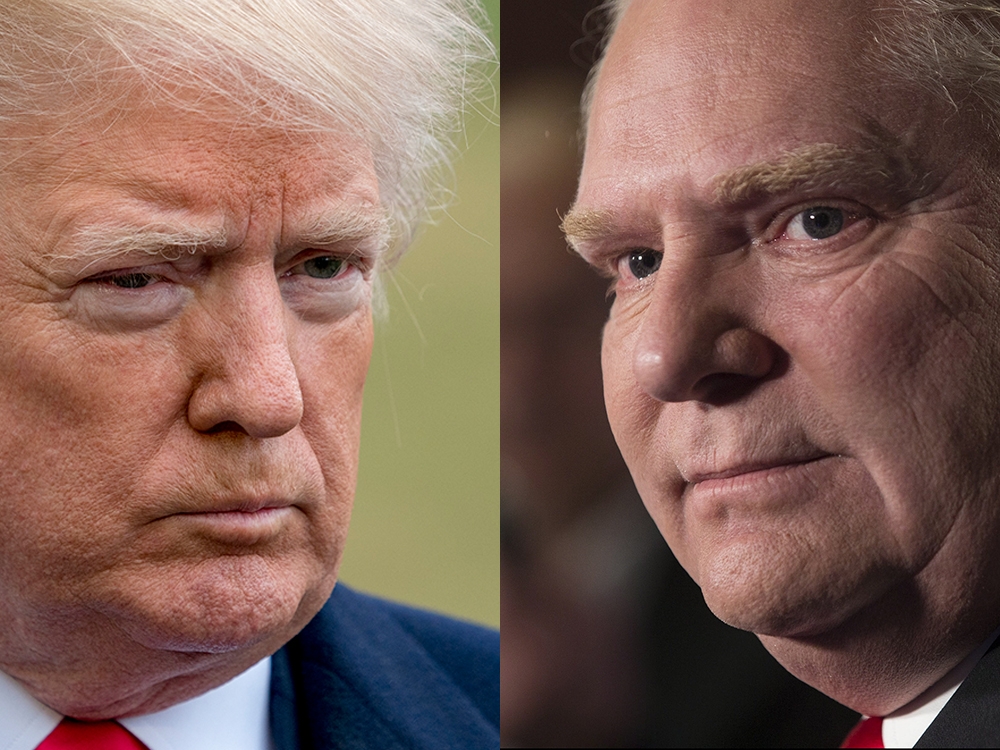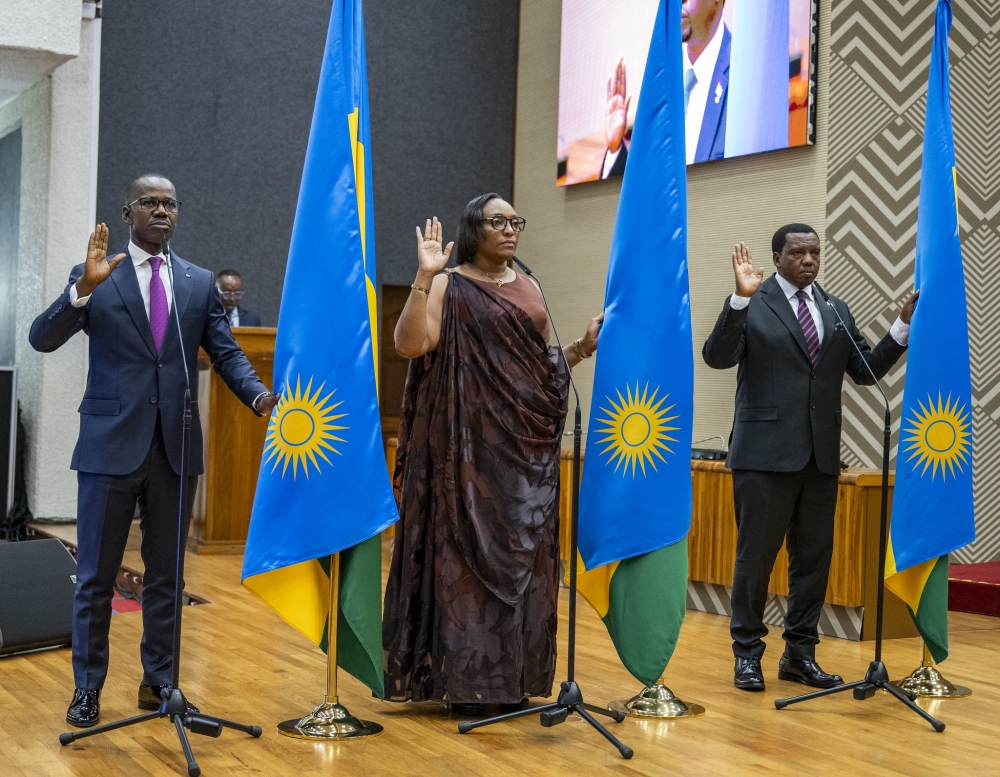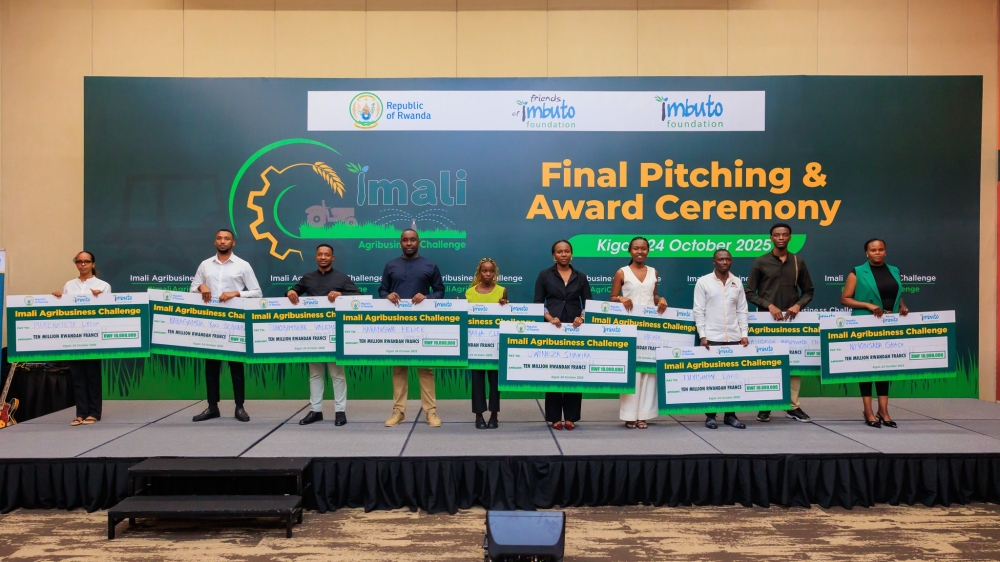Collaboration, innovation, and civil-military cooperation, among others, emerged as key foundations for Africa’s peace and stability at the second Land Forces Commanders Symposium held in Kigali on October 21-22.
Brig Gen Ronald Rwivanga, spokesperson for the Rwanda Defence Force (RDF), noted this during The New Times X Spaces discussion on Thursday, sharing insights from the two-day event.
ALSO READ: Kagame urges smart military operations at land forces meeting in Kigali
Adapting to drone warfare
“The purpose of this symposium is to improve interoperability between African land forces,” Rwivanga said.
“Our major focus this year was to look at four major topics: rethinking land operations in the era of drone warfare, promoting bilateralism as a complementary option to multilateralism, cementing civil-military cooperation through citizen outreach programmes, and enhancing interoperability among land forces in Africa and beyond,” he added.
He explained that the conference sought to move beyond dialogue toward practical collaboration, with joint training, regional intelligence sharing, harmonised doctrines and procedures, and interoperable command and communication systems as key steps.
“The operational landscape has changed quite significantly. We need collaborative indigenous innovations on the continent to deal with the evolving threat spectrum,” he added, noting that non-state actors now have access to advanced technologies.
ALSO READ: Drone warfare, bilateralism high on agenda as top military meet in Kigali
Civil-military cooperation, trust
As he opened the symposium, President Paul Kagame urged commanders to act with discipline and professionalism, emphasising that their conduct directly affects public trust and citizen safety.
Rwivanga noted that the President also “emphasised the need for us to respond swiftly to threats and act accurately to avoid collateral damage. In any operation, it is crucial to follow the principle of saving lives.”
In 2020, he said, RDF swiftly deployed to different countries within a month or two, saving lives and restoring stability, and carried out similar rapid responses the following year.
Integrating social welfare in missions
Rwivanga emphasised that RDF integrates social welfare activities into its operations to build community trust.
“Just like you spend on guns, you must also spend on welfare to win the trust and confidence of the local population,” he said.
“It is useless to operate with only the approach of the military. We must work on the post-conflict situation, which then provides long-term results of stability.”
He added that outreach programmes, including building roads, hospitals, and homes for the disadvantaged, are a deliberate government policy.
ALSO READ: RDF outreach powers homes, delivers clean water, healthcare to thousands
Bridging the gap between armies, citizens
Asked about the risks of a disconnect between the military and civilian population, Rwivanga said such a gap is itself a major threat.
“Having that gap in itself is already a problem. From our own experience, from 1994, we began by breaking the barrier between the public and the army.”
He explained that Rwanda’s people-centred security model, built on trust and community involvement, has been essential to national stability.
Strengthening interoperability, bilateral cooperation
Rwivanga said interoperability between national armies is key to overcoming coordination challenges in peacekeeping.
“This starts with ensuring peacetime interoperability through harmonised command structures, doctrines, standard operating procedures, and communication.”
“Sometimes you need to have fewer nations working together to respond quickly. After we have brought the peace, then the United Nations can come with its peace support operations and resources. Both approaches can complement each other,” he added.
Rwivanga stressed that collaboration with other countries allows mutual learning and strengthens collective capabilities, emphasising that nations are stronger together than apart.
